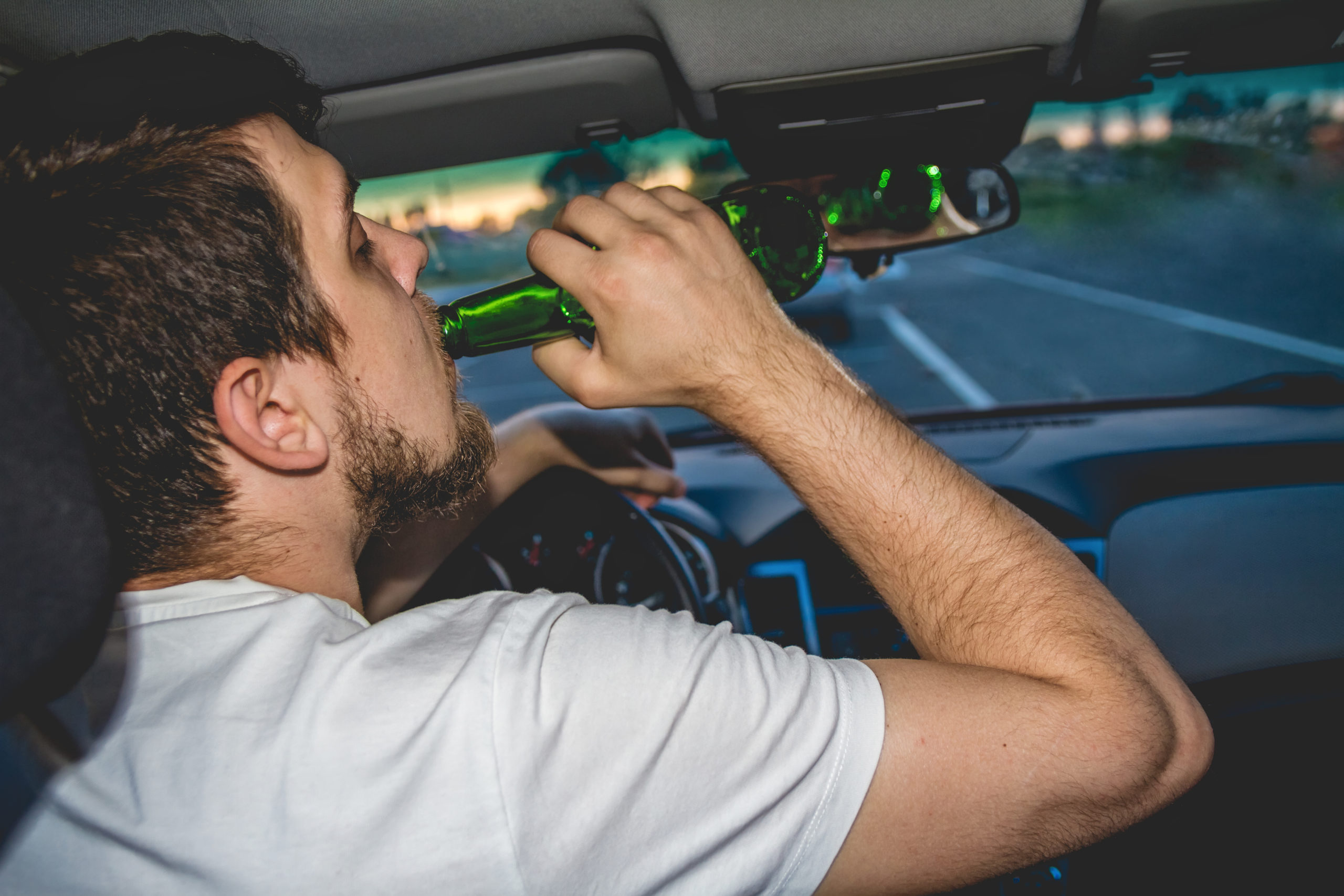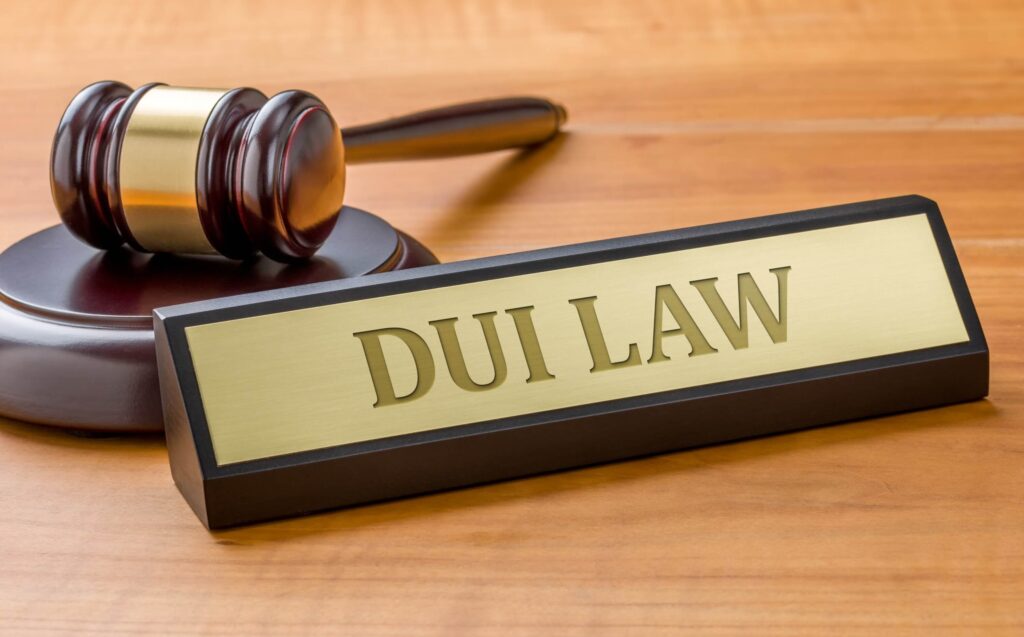Going to jail is the most significant fear people experience after picking up a DUI charge. However, once they realize there are ways to avoid jail time for a DUI, their next concern is often about their driver’s license and driving privileges. Living without a license can be incredibly challenging, and many clients ask, “Can you get your license back after a DUI?”

In Virginia, your license suspension following a DUI conviction can vary depending on the circumstances, but there are steps you can take to restore your driving rights. This process typically involves completing court-ordered requirements, such as DUI education programs, paying reinstatement fees, and providing proof of insurance. Consulting with an experienced DUI attorney can help you navigate the complexities of getting your license back and regaining your driving privileges.
Losing your driver’s license is incredibly inconvenient. And it not only hurts you, but it hurts your family. Therefore, understanding the process for reinstating a driver’s license in Virginia is a priority after a DUI. At the Law Offices of Michael Pignone, we have fought for clients facing Virginia DUI charges since 1995. We have the skill and experience to help you recover from your DUI charges so you can get on with your life. us today.
What Are the License Reinstatement Requirements After a DUI in Virginia?
Before answering, How do I get my license back after a DUI?, we need to discuss the two types of license revocations you could face after a DUI arrest: administrative suspensions and court-ordered revocations.
Administrative License Suspensions
An administrative license suspension, or ALS for short, occurs immediately after your DUI arrest. Virginia’s DUI law contains a provision that automatically suspends your license for seven days if you fail a chemical test by providing a sample of 0.08 or greater. The law also administratively suspends your license for seven days if you refuse a chemical test after a DUI arrest. These suspension periods apply only to people charged with a first DUI offense. The ALS period increases to 60 days or until your trial date if you have a prior DUI arrest or chemical test refusal. And having two prior DUI convictions or chemical test refusals automatically suspends your license until you go to trial.
Virginia law does not allow you to reinstate your driver’s license for failed or refused chemical tests. You cannot receive a restricted or “Cinderella” license either. However, you have the right to appeal the ALS to the court to review the officer’s decision to arrest you for DUI. The court will order the clerk’s office to return your license to you if the judge determines the officer had no probable cause to arrest you for DUI.
The ALS period of seven days typically lapses before first-time DUI offenders can file an appeal. You have a larger window of opportunity to appeal if you have a second or subsequent DUI offense or chemical test refusal. Winning back your license can go a long way toward helping you defend your DUI case.

Court-Ordered License Revocation
Administrative license suspension and court-ordered license revocations are entirely separate processes. An administrative DUI suspension is typically imposed by the Department of Motor Vehicles following an arrest for an offense DUI, whereas a court-ordered revocation occurs only if you are found guilty. If your Virginia driver’s license is suspended due to a court conviction, you must complete the required steps for license restoration. However, the court cannot suspend your license if you successfully beat the case.
The license revocation time increases if you refuse a chemical test. The court will revoke your driving privileges for one year if you unreasonably refuse to take a chemical test for your first offense. The court will also revoke your license if your DUI charge results in a conviction. The two revocation periods must run consecutively.
The length of court-ordered revocation will change depending on the number of DUI convictions you have on your record.
Steps to Reinstating License
Like most people, you will want to reinstate your driving privileges as soon as possible. Therefore you should know the reinstatement requirements after a DUI in Virginia.
After a conviction for a first DUI offense, you can ask the court to grant you a restricted license as soon as the conviction enters against you. The court could impose numerous restrictions on your license, including:
- Restricting your driving to attending work, DUI classes, and transporting your children;
- Paying all costs and fees associated with your DUI conviction, including the court-imposed fines and $225 DUI reinstatement fee to the DMV;
- Completing Alcohol Safety Action Program (ASAP) classes;
- Complying with all terms of probation;
- Installing and maintaining an ignition interlock device or your primary vehicle;
- Attending all educational classes and treatment sessions required by your ASAP provider;
- Complying with an impound order; and
- Entering any other order that ensures you will not drive under the influence.
These restrictions will end when your revocation period expires.
The DMV will impose other requirements on you when you apply for a restricted license. For example, the DMV will require you to present proof of sufficient auto insurance coverage. Virginia law requires a person convicted of a DUI charge to obtain an FR44 certificate of insurance from an insurance company licensed to do business in the Commonwealth. The DMV could require you to complete a driver improvement clinic as well.
The Virginia DMV allows you to keep track of your progress toward reinstating your license. You can purchase a driver’s transcript from the DMV and a compliance summary. These documents will benefit you as you work toward restoring your full driving privileges.
Reinstatement Requirements for Multiple DUI Offenses
The reinstatement requirements for a second DUI conviction are similar to those for a first offense. However, you must wait for the license suspension period to end before applying. The second-offense suspension period is typically three years. Additionally, you must use an ignition interlock device on all vehicles you drive for at least six months to qualify for restricted driving privileges.
If you hold a commercial driver’s license, a DUI conviction may lead to stricter penalties, including a longer suspended license period, making reinstatement more challenging. For a third DUI conviction, you will indefinitely lose your driver’s license. However, you can petition the court to have your license reinstated after five years, provided you satisfy the same terms and conditions required for first and second DUI offenses.
Experience Matters
You might feel like the world is crashing down on you after a DUI arrest. DUI defense attorney understands what you are going through. With over 25 years of award-winning DUI defense to his credit, he can evaluate your situation and devise the best defense for you and your case. the Law Offices of Michael Pignone to schedule a free consultation and start defending your case today.

